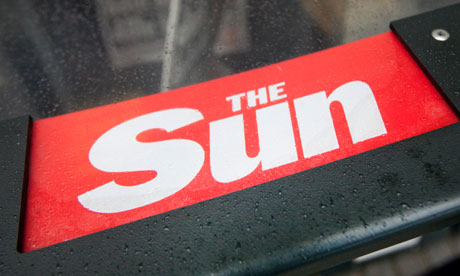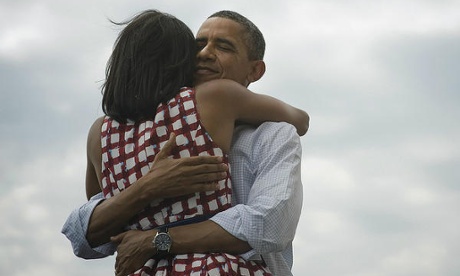Web 2.0 : audeinces producers & consumers
Blogs/ forums... people have voices / speak back to the elite in power
Wiki - share knowledge / challenge elites & experts
Youtube - distribute own media
(Free + Open) - not alot of money , dont depnd on gatekeepers , accessed anywhere/anytime
Web 2.0 : Rebrand the internet business
Is web 2.0 actuallt different to 1.0
Tim Berners Lee = Web 2.0 been arounsince the beginning of internt
"Power to people & undermine pollitical elites + co-operations"
less revolutionary -> more complicated
danger of (technological determinism) --> technology = social change in/of itself
technologies created in response to social,economic + cultural developments
Participation
Web 2.0 not always wholly reliable
Pew Foundation in USA -> high estimate of young people "share content" online
Hitwise = number of active participants is very low .... less that 0.5% of Youtubers actually upload material. + little is originally produced originally -> mostly pirated clips from commercial media
Social Inequallities :
Young women = leading the way in blogging
Young men = dominate video sharing
In US = young people from high income families = post/ share online
diadvantaged communities = less likely to have multimedia capabilities / computering that are needed for sophisticated content creation
Divital divides = still apparent
Yound wealthy middle class families = more likely to have books at home -> use web for education and to participate in creative or arts related activities online.
The most active participants of world 2.0 are the 'usual suspects' -> people who are alread privleged in other areas of their lives
Young people = take up most social networking sites
Older people = fastest group of subscribers
Middle Aged People = micro - blogging service - Twitter
Young people = early adopters -> their the 'digital generation' and the technological gap is becoming outdated
Participation or "Creating Content"
difference between posting a comment on a social newtworking site / forum in comparison to filming,editing and posting a video
All these things are seen to be participation
Only a small proportion of users are generating original content => most are consuming it
Entusiasts for media celebrate the 'cool stuff' that can be found online e.g : fan mashups, videos about political activism etc
They ignore the domestic practises e/g : funny videos or pets/ children and domestic accidents that tend ot get the most views on Youtube
Amature video making -
dominated by home movies of family life, childresn parties or holidays at the beach
The material of amertures is rarely edited or shared
It is not entirely trivial/useless -> home video e.g the family photo album can play a role in memories and family relations
However people dont see it as anything to do with the mainstream media let alone able to challenge the Big Media
Celebrities = a democratic possibility due to Web 2.0
Rupert Murdoch:
Technology is shifting power away from the editors, the publishers, the establishment, the media élite… now it’s the people who are taking control. (2006)
Two richest media corporations -> Google and FB are diversifying their businesses
Into a range of media products and services
Democratic participation = growing in some global companies
E.g : Youtube (now owned by Google) took 5 years before it came into profit and becoming the 2nd most used site online
Services like FB/Twitter have struggled to find ways of 'monetising' what they do
Services e.g Murdochs MySpace have had a rapid fall
Internet = niche marketing + targeting individual customers
As we surf info about our habits/ preferences being gathered by 'cookies'
Cookies ensure advertising & marketing is targeted at people that are intrested in it
This is called ''Data mining'' -> data grouped together + sold onto companies
Who is doing the work ?
viral marketing = consumers recruited to distribute messages on behalf of companies
Companies such as (orange) have picked up on UGC by running competitions for consumers to create videos to promote their products
This is ''loser -generated content'' as Soren Peterson says
Unpaid labour goes into production of blogs e.g while most of their income goes to the corporations
Social networking participants spend adges working on their profile and networkd which they are unable to migrate to another site
Zukerburg owns the copyright of all the content on FB so he can do as he wish to it
Fan websites=celebrated by Media 2.0 enthusiastics
some argue fan websites take back control of the media -> makin own message of texts --> more democratic
Copyright owners e.g J.K Rowling + Warner Bros who own Harry Potter have tooken legal action against fans who reworked their material in making fan fiction/mashup vids
Fans could just be promoting the brand + using Harry Potter to express their ideas BUT their doing it in a way that conributes to the sucess of the big companies
They may be active participants but also the ulitmate consumers.
2.0 Rescue Democracy
is it liberating or enpowering ordinary people to start controlling the media
despite entusiastics the digital media isnt likely to result in a society of creative media producers
printing press led to = society of published authors
Just like old media -> new media = diven by commercial imperitives (some benifit from these developments more than others)
Certinly democracy in Web 2.0




